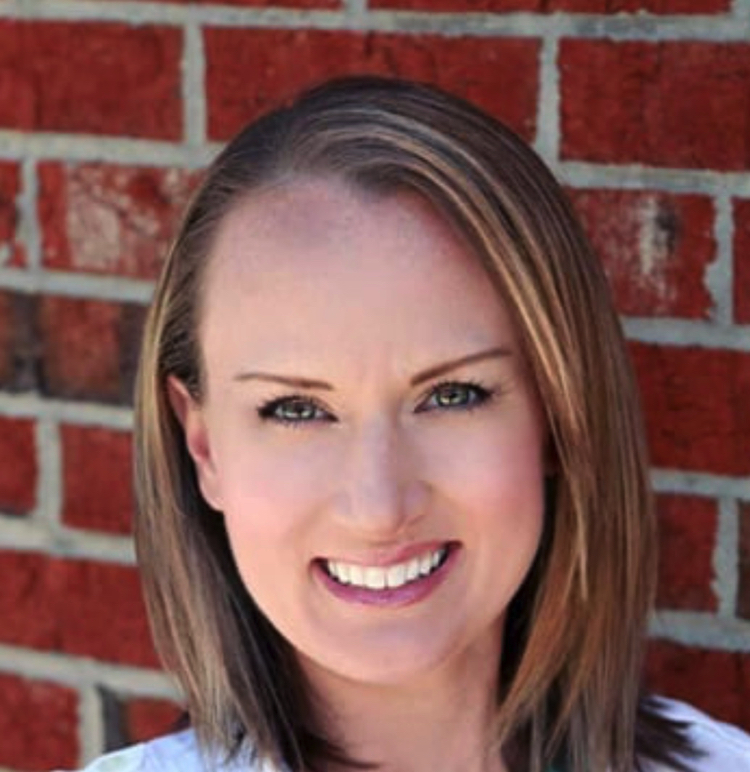
M
919.772.1990
Browse Blog
Listen In
919.772.1990
Browse Blog
Listen In
Quick Links
Services
Medication Management
One80 Locations

by Allison Ernest, LMFT
We are only a little over a week into restructuring our whole lives within the space of our homes and already a few things have become abundantly clear. We are likely scared, anxious, lonely, disconnected, or overwhelmed by the current situation. We need connection now more than ever. We find ourselves not having as many options to connect. We don’t have the same freedom to navigate our relationships as easily and as comfortably as we used to just a short time ago. We may be overwhelmed by it all. These are uncertain times and having a sense of connection can ground us and give us the strength to get through. The good news is that we have control over how we choose to connect with others. We can exercise good self-care by doing a little more than coexisting with one another. Connecting with others, real, whole-hearted connection, listening, expressing ourselves, being present with one another is not the same as physically being in the house together 24/7.
I’ll explain more because this is so important. This deeper kind of connection will keep us strong, positive, patient, and generous; it will even keep us healthy. But we can’t get this kind of connection just by being around our spouses, family members, partners, coexisting. We also need the structure of boundaries to get the most out of this time together. Brené Brown’s research shows that we are hardwired as humans to need connection with others. It is our lifeline; now more than ever. We just need to set some ground rules to make it work for us.
To start, we can set a protective, external boundary around our space, time, and energy. This is the time to learn how to speak up about your need for privacy in a house full of people. This is the time to let others know when you need some time to yourself. When we speak up about our needs, for some of us, it may be the first time we have ever done so. Do it with kindness, respect, and patience because everyone in your house may not know what you are feeling and needing right now.
We can also use our internal boundary to push ourselves a little with expressing and opening up to others, in the house or outside of the house. Reach out to someone else, share your thoughts and feelings, listen openly without judgment, be curious about their feelings. Try this with someone just a little more than you normally would. It is the first part of connecting with someone. Same guidelines apply. Do it with kindness, respect, and patience because the other person may have never experienced you this way.
This is an opportunity to rework the connections that we already have, make new ones, and get the most out of this time. We can embrace this as a chance to change our dynamics with others, get more of what we need and want, and build a greater sense of wholeness. Let’s go after this, embracing a fuller life for ourselves and everyone around us. We are worth it.

Allison Ernest, LMFT
is a Licensed Marriage and Family Therapist (LMFT). She earned her Master's degree from Thomas Jefferson University in Philadelphia, PA, with a specialization in Sex Therapy. Read Full Bio.
Recovery is Not Linear By Emily Fry, LCMHC, LCAS, NCC Clinical Director of Substance Use and Addiction ServicesSince 1989, September has been deemed National Recovery Month by the Substance Abuse...
Generational Trauma By Julie DeFalco, LCSW and Clinical Director of Child & Adolescent ServicesRecent research has shown that trauma can be passed down in families through genetics and...
Managing your Mental Health in a Pandemic By Sarah R. Coates, LCMHC, NCCWhen asked to write about navigating your mental health in the COVID pandemic, I found myself confronting my own fears, doubts...